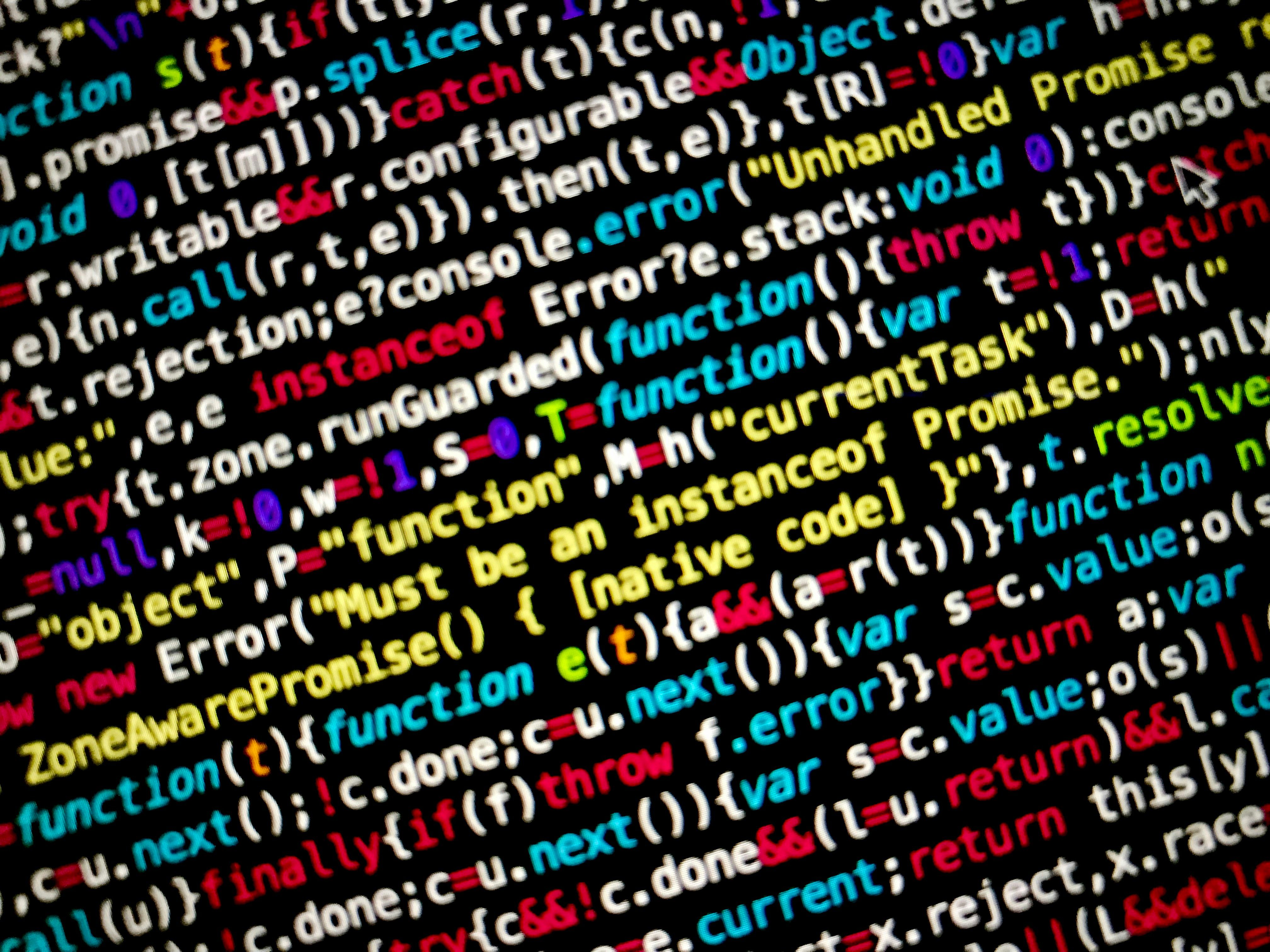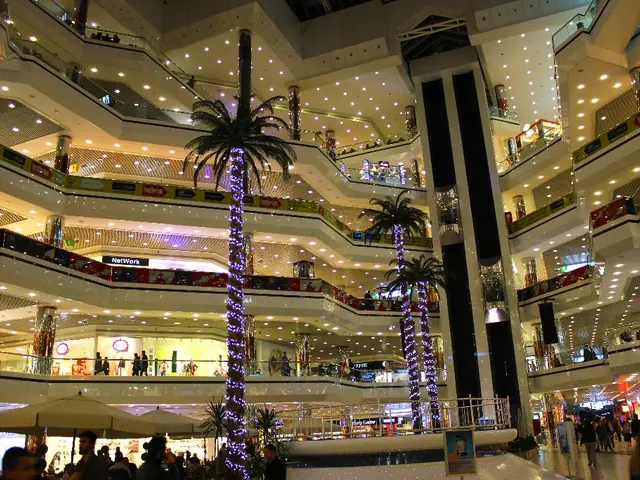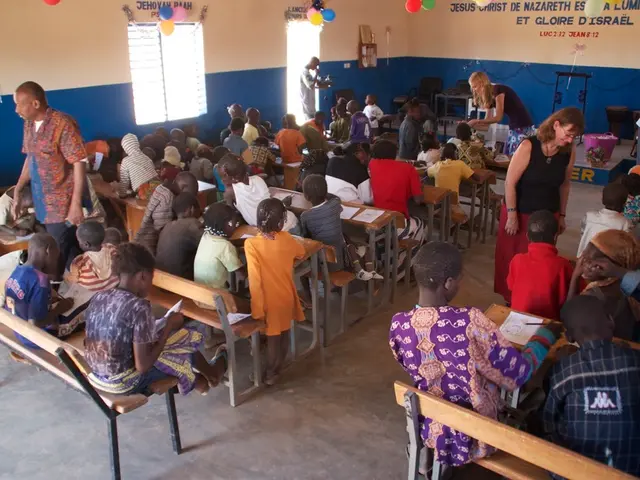Singaporeans cast their votes with the newly appointed Prime Minister seeking a robust mandate amid escalating tariff controversies.
Fresh Take:
Singapore's 2025 General Election, held on May 3, revolves primarily around domestic issues, with concerns like housing affordability and cost of living taking center stage. Trade relations, though secondary, are influenced by global economic shifts.
Wong, a key player in Singapore's Covid task force and the new leader of the People's Action Party (PAP), arrived at the polling station in his signature white attire, casting his vote without comment to reporters. The PAP, known for steering the island through prosperity while suppressing dissent, is expected to retain a strong majority in parliament.
Voters like Muhammad Nazri bin Hadri, a 25-year-old concerned about buying a house, hope for changes in public housing rules. The PAP's dominance is challenged by a more vocal electorate, particularly among younger voters open to alternative political voices.
One exemplary voter, 40-year-old Shi'ai Liang, found fresh and exciting candidates from across the political spectrum, expressing hope to hear more from them in the future.
In 2020, the Workers' Party (WP), Singapore's largest opposition group, made historic gains, winning significantly more seats than before. The WP, which has become more politically slick, is hoping to capitalize on this momentum with a slate of charismatic candidates, including a top lawyer.
Crowds flocked to the WP's rallies, as in previous elections, but translating those numbers into electoral victories has been a challenge. WP candidates criticize the government for raising taxes and not doing enough to curb rising costs in one of the world's most expensive countries. They also advocate for more opposition MPs in parliament to hold the PAP accountable.
The PAP, however, points to the billions of Singapore dollars spent to help citizens cope with rising costs. Singapore has around 2.75 million eligible voters who will elect 97 members of parliament. Half of the voters had cast their ballot by lunchtime, according to election officials.
"Every election is important because it serves as a reminder to the first estate that the third still has a voice in shaping the future of our country," said Wong Jun Heng, a voter. Polls opened at 8:00 am for 12 hours of voting, with some results expected to stream in around midnight.
Exploring the Domestic Landscape
Domestic concerns dominate the election, with housing affordability and cost of living shaping most voters' decisions. A January 2025 Blackbox Research study revealed that nearly 90% of voters emphasize constituency-level governance quality, including service delivery and infrastructure[1].
Understanding Geopolitical Ramifications
Analysts suggest trade tensions could indirectly influence the election's outcome if economic uncertainties worsen living conditions, but immediate electoral effects are likely muted compared to local issues[1]. The PAP's traditional "flight to safety" strategy could face challenges amid growing voter skepticism under the threat of tariffs under a second Trump administration[1].
Competition in Punggol GRC
The race in the newly formed Punggol GRC is expected to be tight, with the Workers’ Party fielding high-profile candidates against PAP heavyweights. While the PAP is favored, narrow margins are possible due to shifting voter sentiment[2].
[1] https://www.politico.eu/article/singapore-election-housing-cost-living-tariffs/[2] https://www.straitstimes.com/politics/singapore-general-election-2025-what-to-expect-from-punggol-west-punggol-east-and-punggol-south-cgs
- In Singapore's 2025 General Election, domestic issues like housing affordability and cost of living are at the forefront, while geopolitical factors, such as trade tensions, may indirectly impact the outcome.
- Shi'ai Liang, a voter in the election, found diverse and promising candidates across the political spectrum, expressing optimism for the future.
- Geopolitical uncertainty, including potential tariffs under a second Trump administration, could pose a challenge to the PAP's traditional "flight to safety" strategy in the election.
- The Punggol GRC, a newly formed constituency, is expected to see a close race between the People's Action Party (PAP) and the Workers' Party, with the Workers' Party fielding high-profile candidates against PAP heavyweights.









